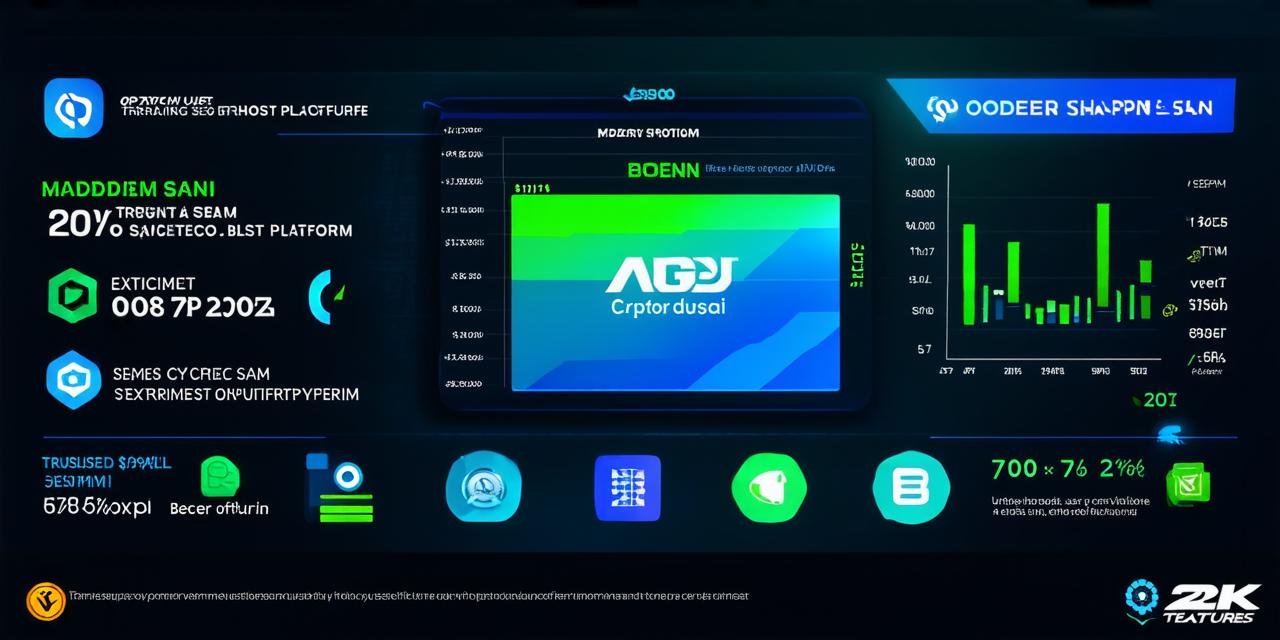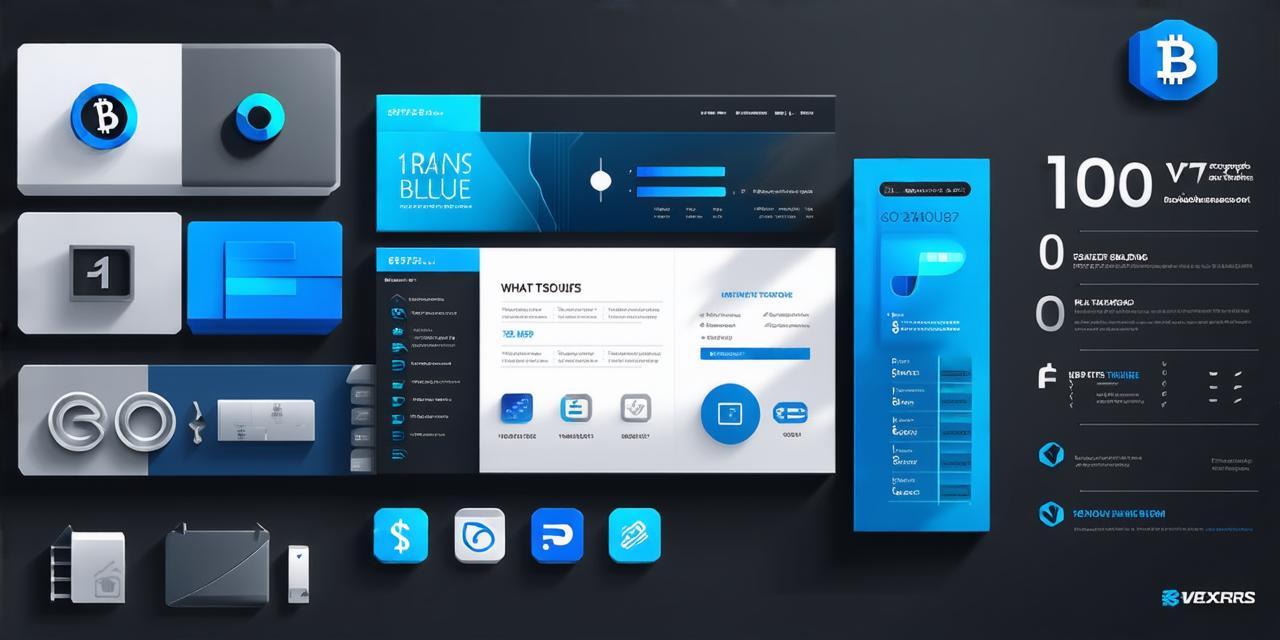
Is crypto
In the rapidly evolving digital landscape, cryptocurrencies have emerged as a revolutionary force, transforming the way we transact and store value.
Why Crypto Matters
“Cryptocurrencies are the next step in managing transactions and transferring funds – they may have a big impact on business models and governance,” says Vitalik Buterin, co-founder of Ethereum.
The Rise of Blockchain
At the heart of cryptocurrencies lies blockchain technology, a decentralized and distributed digital ledger that ensures secure, transparent, and tamper-proof transactions. This technology has the potential to disrupt traditional industries, offering unprecedented levels of security and efficiency.
Case Study: Decentralized Finance (DeFi)
DeFi, a sector built on blockchain technology, is a prime example of crypto’s transformative power. In 2020, the total value locked in DeFi surpassed $15 billion, demonstrating its rapid growth and potential. Developers can leverage this space to build innovative financial solutions that are accessible, transparent, and secure.
The Role of Smart Contracts
Smart contracts, self-executing contracts with the terms of the agreement directly written into code, are a key component of blockchain technology. They offer a level of automation and trustlessness that traditional contracts cannot match. As a developer, you can harness this power to create complex financial applications.
The Challenges Ahead
While the potential of crypto is immense, it also presents unique challenges. Scalability, security, and regulatory issues are some of the hurdles that need to be addressed. However, these challenges also present opportunities for innovative solutions and groundbreaking developments.
Interesting:
The Future of Crypto
As we look ahead, the future of crypto is bright. With continued innovation, improved infrastructure, and increased adoption, cryptocurrencies are poised to reshape the digital economy. For developers, this means exciting opportunities to shape the future and contribute to a rapidly evolving industry.
FAQs
Q: What tools do I need to start developing for crypto?
A: Solidity (for Ethereum) and Rust (for Polkadot) are popular programming languages for blockchain development. You’ll also need a local blockchain environment, such as Truffle or Brownie.
Q: How can I stay updated on the latest crypto developments?
A: Following industry news outlets, attending webinars and conferences, and joining online communities are great ways to stay informed.

In conclusion, the world of crypto offers immense opportunities for developers. With its transformative potential and rapid growth, it presents an exciting and challenging landscape to shape the future of digital transactions. Embrace this opportunity, innovate, and contribute to a world reshaped by blockchain technology.

